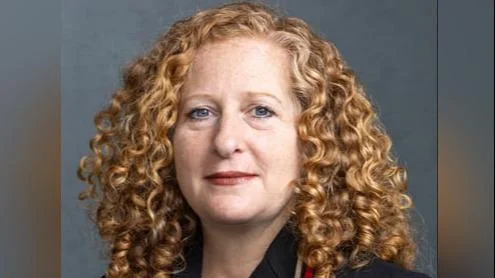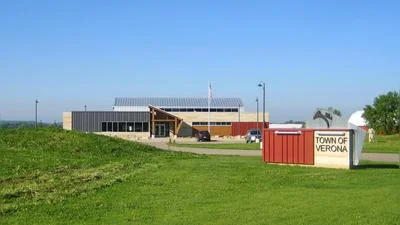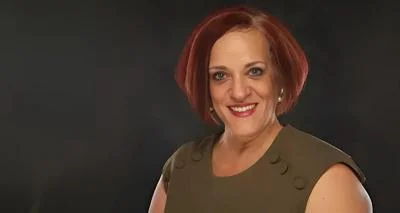Jennifer Mnookin Chancellor | Official website
Jennifer Mnookin Chancellor | Official website
Through a collaboration with Ho-Chunk tribal members, scientists at the University of Wisconsin–Madison have successfully increased the seed stock of Ho-Chunk corn varieties. This initiative aims to preserve traditional growing methods and protect threatened corn varieties such as Ho-Chunk Speckled, Bronze Beauty, and Ho-Chunk White.
The partnership began when the Ho-Chunk Nation Department of Agriculture identified that some crop varieties were at risk. They found a willing partner in UW–Madison agronomy professor Bill Tracy. The project is based at the West Madison Agricultural Research Station and is part of a larger USDA-funded effort between the university and Indigenous tribes to support traditional food supplies and expand food sovereignty.
Tracy explains that while commercial farms often use genetic selection to improve productivity, these methods do not align with the traditional product desired by the Ho-Chunk. “There’s lots of ways to increase productivity without changing the [corn] variety,” says Tracy.
To boost productivity, Tracy's team reduced tillage and soil disruption, planted cover crops, and grew beneficial crops alongside the corn. The Ho-Chunk expressed interest in organic agriculture and avoiding herbicides. While this approach can lead to weed growth, they are working together on solutions. Additionally, they are exploring machinery adaptations for traditional farming methods.
Efforts have been made to prevent cross-pollination with commercial corn grown in Wisconsin by covering ears of Ho-Chunk Speckled corn in bags and hand pollinating them with pollen from their own variety. This year alone saw over 3,500 ears hand-pollinated resulting in around 420,000 seeds—enough for planting 30 acres next season.
Previously limited to planting about five acres each season, the Ho-Chunk will now be able to grow more extensive fields using seeds stored at UW–Madison.
Tracy emphasizes listening to and prioritizing the goals of his Ho-Chunk partners. Initially apprehensive about sharing their seed stock, he assured them: “One of the things I promised right from the very beginning is that all the seed would go back to them no matter what.”
For Tracy, this project transcends science; it involves cultural respect and service commitment. “As a land grant faculty member," he states, "I really believe my job is about service.” He adds that Native farmers are making significant efforts for environmental sustainability within their communities—a mission he passionately supports.






 Alerts Sign-up
Alerts Sign-up